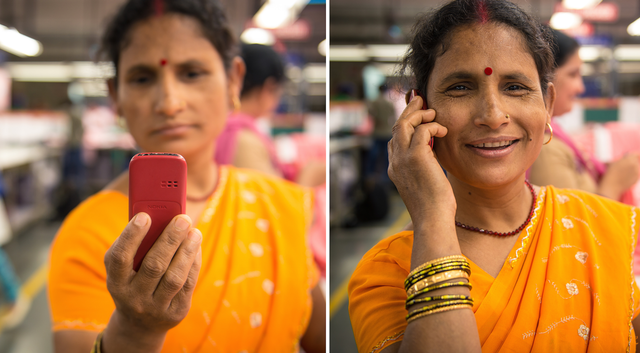
How ICT4D Can Improve Humanitarian Relief in India
Information and Communication Technology for Development (ICT4D) is a dynamic field that leverages technology to aid in the social, economic, and political advancement of developing regions.
ICT4D can play a pivotal role in India, enhancing humanitarian relief efforts across a country marked by its vast diversity and disparities, prone to natural disasters, and where people live in conditions vulnerable to these calamities.
ICT4D in Disaster Preparedness
ICT4D can improve disaster preparedness through early warning systems. By utilizing satellite data, mobile technology, and the internet, these systems can forecast natural disasters with greater accuracy and disseminate warnings to remote and vulnerable communities in a timely manner.
For instance, mobile alerts can inform individuals about impending disasters, giving them crucial time to evacuate or take necessary precautions, thus saving lives and reducing injury rates.
ICT4D for Better Coordination
ICT4D facilitates better coordination among humanitarian relief organizations. In the aftermath of a disaster, coordinating relief efforts is often challenging due to damaged infrastructure and the chaotic nature of emergency situations.
ICT tools like cloud-based platforms and mobile applications can enable organizations to share real-time information, manage resources more efficiently, and avoid duplication of efforts. This ensures that aid reaches those in need more quickly and effectively.
ICT4D Empowers Communities
ICT4D can empower affected communities by giving them a voice and a platform to communicate their needs. Social media platforms and mobile technology allow individuals to report on their conditions, request assistance, and share information with others.
This bottom-up approach ensures that aid distribution is more aligned with the actual needs of the affected populations, making relief efforts more targeted and effective.
ICT4D for Long-term Recovery
ICT4D initiatives can support long-term recovery and resilience-building by providing access to education and healthcare through e-learning platforms and telemedicine, especially in areas where physical infrastructure is lacking or has been destroyed. This not only helps communities recover from the immediate effects of disasters but also strengthens their capacity to withstand future calamities.
Examples of ICT4D Improving Humanitarian Relief
ICT4D offers a transformative potential for improving humanitarian relief in India by enhancing disaster preparedness, facilitating coordination among relief organizations, empowering affected communities, and supporting long-term recovery efforts.
By harnessing the power of technology, India can better navigate the challenges posed by natural disasters, ensuring that humanitarian relief is timely, efficient, and, most importantly, effective in saving lives and rebuilding communities.
Here are multiple examples of how ICT4D can improve humanitarian relief in India.











